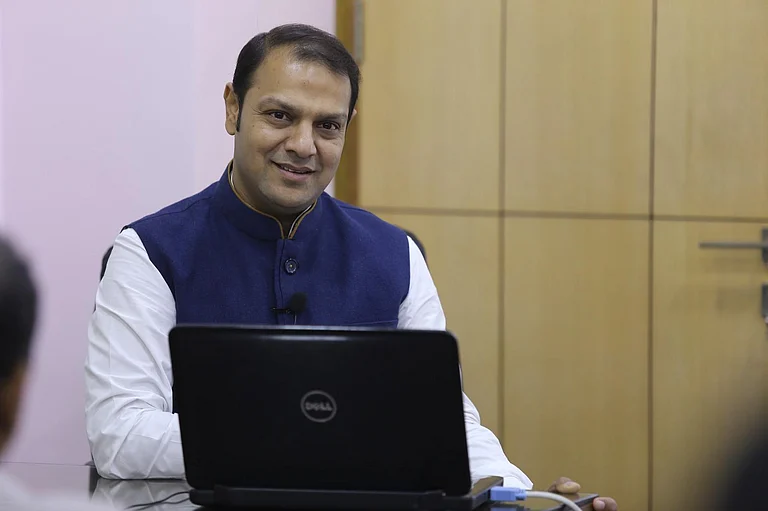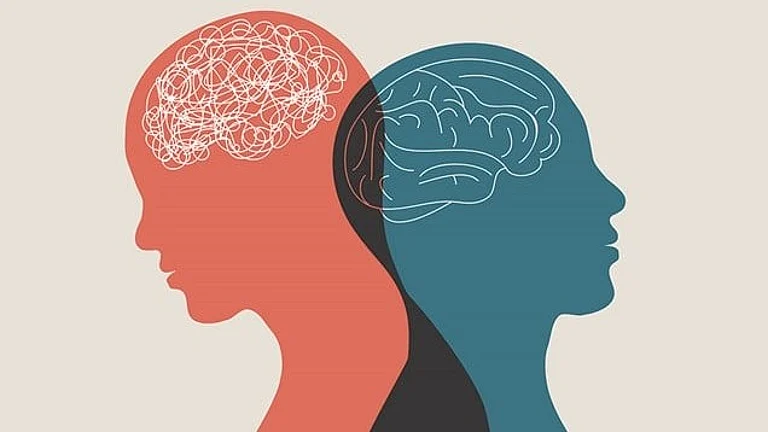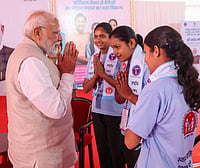Social isolation may significantly increase the risk of diabetes and poor blood sugar control among older adults, a new study has found, highlighting the critical role of social connections in safeguarding the health and wellbeing of the elderly.
“Social isolation and loneliness have been increasingly recognised as important health risk factors after the COVID-19 pandemic,” said Dr. Samiya Khan of the Keck School of Medicine, University of Southern California.
The study was presented at the annual ENDO 2025 meeting of the Endocrine Society in San Francisco, California, underscoring the importance for clinicians to recognise social isolation as a critical social determinant of health when caring for older patients.
The study analysed data from over 3,800 individuals aged between 60 and 84 years from the National Health and Nutrition Examination Survey (NHANES), a respected US national health survey. Researchers found that socially isolated older adults were 34 per cent more likely to develop diabetes and 75 per cent more likely to experience poor glycaemic control, even after accounting for other health and lifestyle factors.
Dr. Khan noted that while previous studies have explored the link between loneliness and chronic illnesses, this research is among the first to use nationally representative data to evaluate the impact of social isolation on blood sugar regulation.
“These findings are especially relevant given the rapidly growing ageing population in the United States and globally, alongside the widespread prevalence of social isolation and loneliness among older adults,” she said.
While the study focused on US data, the authors believe the implications are global. In India, diabetes has emerged as a major public health challenge, with the country already home to over 100 million diabetics, according to a 2023 report by the Indian Council of Medical Research.
However, Indian geriatric expert Dr (Prof) Prasun Chatterjee, Chief of Geriatric Medicine and Longevity Science at Artemis Hospital, Gurugram, and former Professor at the Department of Geriatric Medicine, AIIMS, Delhi, has urged caution, calling the findings “obvious” and suggesting that the conclusions may oversimplify a complex issue.
The study, presented at ENDO 2025 in San Francisco and led by Dr. Samiya Khan of the Keck School of Medicine, University of Southern California, highlighted that socially isolated older adults are 34 per cent more likely to develop diabetes and 75 per cent more likely to have poor glycaemic control.
Dr. (Prof) Chatterjee remarked that the study did not offer any particularly new insight.
“Social isolation has a direct relationship with stress levels, mobility, and dietary adherence in both diabetic and non-diabetic individuals,” he said. “This is a well-accepted fact in geriatric care. So, findings that socially isolated individuals are more likely to develop diabetes or struggle with glucose control are not unexpected.”
Dr. Chatterjee pointed out that social isolation often leads to low mood, anxiety, and a decline in daily activity levels — all of which are already known to be associated with poor physical health outcomes.
“Any chronic disease — whether it’s diabetes, hypertension, coronary artery disease, depression or dementia — can be aggravated by social isolation. In fact, depression and dementia are often more severe and more directly linked to loneliness than diabetes,” he added.
He further criticised the study for not adequately addressing the mental health status of its participants. “The authors of the paper should have taken into account anxiety, depression, and overall mental health status. Without this context, concluding that loneliness is a standalone cause of diabetes or poor glucose control is not entirely accurate,” he said.
In India, where traditional family structures are changing and more elderly people are living alone, social isolation is an emerging concern. Dr. Chatterjee emphasised that any serious analysis must take a more holistic view of elderly health, especially when chronic conditions and mental health are so deeply intertwined.























